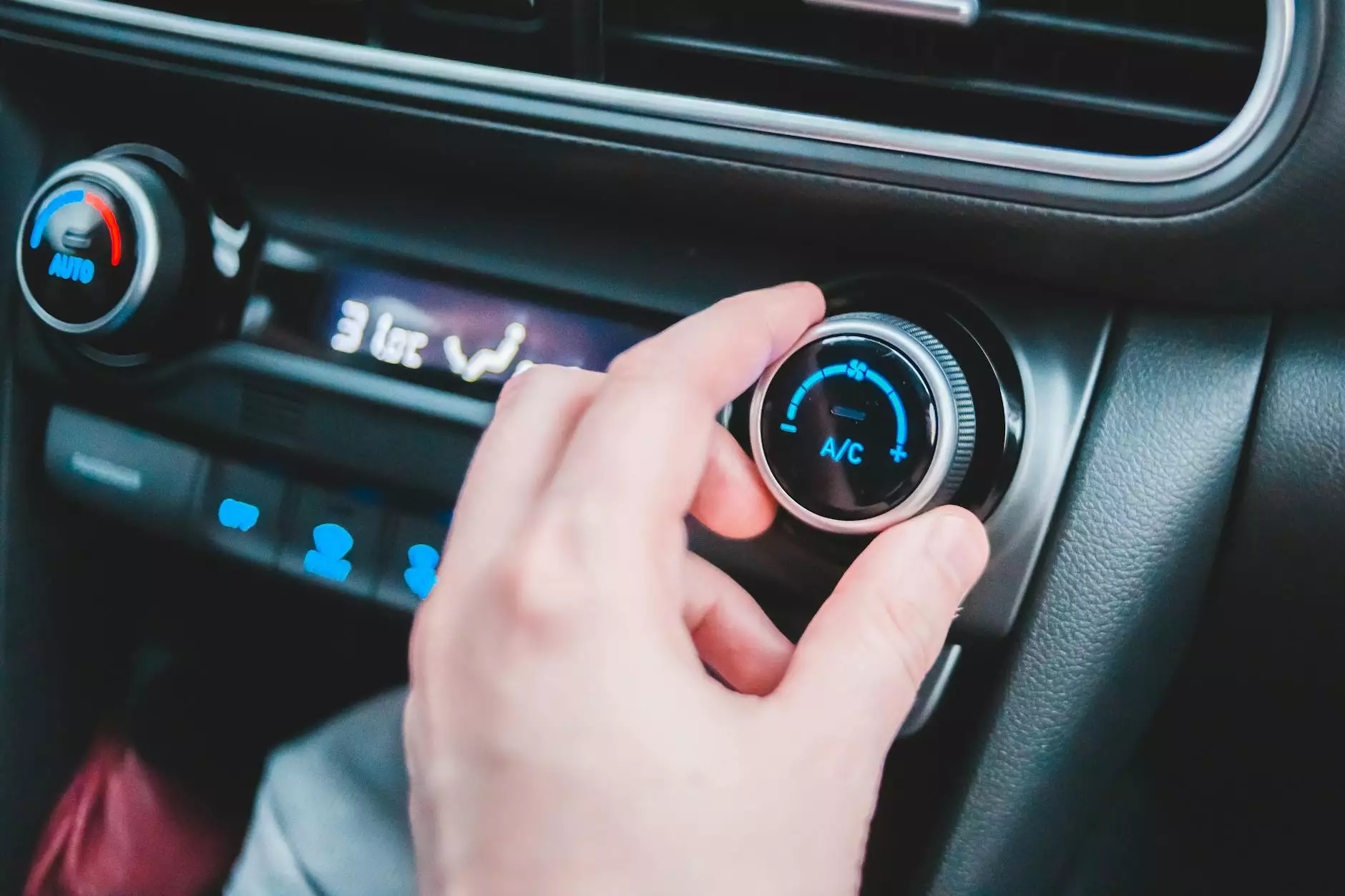What can we learn from robots and mechanics? A lot.

Welcome to The Auto Experts, your ultimate source of knowledge and expertise when it comes to automobiles. In this comprehensive guide, we delve into the intriguing world of robots and mechanics, exploring the lessons they teach us and the impact they have on automotive technology.
1. The Role of Robots in Automotive Manufacturing
In today's advanced era, robots play a crucial role in the automotive manufacturing industry. These automated machines have revolutionized the way vehicles are built, enhancing efficiency, precision, and productivity. By employing robots in assembly lines, manufacturers can achieve higher consistency and quality control in their processes.
Robots have the ability to perform complex tasks that humans may find challenging or dangerous. From welding and painting to heavy lifting and repetitive operations, robots excel in automating these tasks, ultimately increasing productivity and reducing human error.
2. Artificial Intelligence and Machine Learning in Mechanic Services
Advancements in artificial intelligence (AI) and machine learning have transformed the field of mechanic services. Today, mechanics can rely on specialized software and diagnostic tools that analyze vehicle data to identify and troubleshoot issues quickly and accurately.
AI-powered systems can process vast amounts of information, allowing mechanics to gain insights into a vehicle's condition and identify potential problems before they worsen. This proactive approach not only saves time and money but also ensures optimal vehicle performance and safety.
3. The Rise of Electric and Autonomous Vehicles
The automotive industry is witnessing a paradigm shift with the rise of electric and autonomous vehicles. These technological advancements are redefining the way we drive and commute, promising a greener and safer future.
Robots and mechanics are at the forefront of this transformation, as they navigate the complexities of electric powertrains, battery management systems, and autonomous driving technology. They contribute to the development and maintenance of these innovative vehicles, ensuring their reliability and efficiency.
4. The Future of Robotics and Mechanics
As technology continues to evolve, the future of robotics and mechanics holds immense potential. From collaborative robots (cobots) working alongside humans to advanced diagnostics powered by machine learning algorithms, the possibilities are endless.
Robots are becoming more adaptable and interactive, capable of performing delicate tasks with precision. Mechanics are upskilling themselves to keep up with the rapid advancements, embracing a hybrid role that combines technical expertise with digital proficiency.
Conclusion
In conclusion, robots and mechanics teach us invaluable lessons about the power of automation, artificial intelligence, and the future of the automotive industry. From enhancing manufacturing processes to revolutionizing mechanic services, these advancements contribute to the overall efficiency, reliability, and sustainability of automobiles.
At The Auto Experts, we recognize the importance of staying ahead in this ever-changing landscape. Our team of automotive professionals is dedicated to providing you with the latest insights and guidance to help you make informed decisions when it comes to your vehicle.




